One thing is very clear, when you hire a recruitment firm you need a candidate fast, but you also want the best in the market. Most times you have worked the search on your own and hit a wall so to speak, or you have a highly sensitive replacement search on your hands.
When you outsource recruitment you expect there to be a database of candidates available immediately and one important question you will ask is, “how long will it take to find my candidate?” You may be hoping for the answer to be yesterday but the reality is quite different.
I don’t believe there is a recruitment firm out there that doesn’t want to fill an assignment just as quickly as you do. Recruiters are busy, they have many assignments, candidates and, clients to juggle and remember most work on commission so they are as invested as you in the search. The question remains then is whether or not you want the search filled quickly with A candidate or with the RIGHT candidate. This is where your due diligence in finding the right recruiter is most important.
When a position remains vacant your company is losing money and the company stakeholders are hunting you down every day for an update on the search. I may be stating the obvious but hiring the wrong Recruiter simply to get the job filled will lose you much more than money.
Consider the following domino effect when speed trumps quality:
- The hired candidate may be leaving a very good job for what they believed was a better one but because of a quick interview process the right questions weren’t asked or important information was not provided.
- Due to the fast turnaround, the appropriate people aren’t involved in the hiring process which means they aren’t available to be a part of those interviews that would allow for such valuable information to be shared with your possible hire.
- You make the offer and the candidate starts. Now you are spending time and attention evaluating, training, and re-evaluating the new hire only to realize they may not be the right fit. You may find yourself reaching the inevitable decision to let them go. Now you have a replacement search on your hands.
- Sure you are likely to get a replacement search in the fee you paid to the Recruiter but now you might be incurring new costs depending on what’s in the contract. Regardless, having to start again is in itself a reason to take the time to have a thorough process.
The honest truth is many engagements do take time to complete. The candidate pool is tight in North America and some candidates are risk adverse right now; they don’t want to take the chance leaving a stable job.
Here are a few things you can do to ensure the search moves along:
- Provide a job description to the recruiter. If you don’t have one, put one together. There are a lot of resources out there that have basic templates. Or ask for the Recruiter’s help in developing one.
- Meet with the stakeholders in your company to ensure they are in agreement with the job description and criteria. There is a world of difference between the “must haves” and the “nice to haves”.
- Meet with the Recruiter who will be filling the job and mutually agree upon a timeline. Try to involve a few people from your company (this might be the Manager of that particular department or HR). Whenever possible give the Recruiter a tour of your office. This is great for the Recruiter to get a sense of the environment as the environment and culture is critical to the sourcing of talent.
- Ask for transparency. By that I mean, rather than an update each week from the Recruiter that goes something like this, “We’re still having some challenges locating candidates, we have interviewed a few this week but they were just not right. We are continuing the search”, ask these questions:
- Specifically how many candidates have you interviewed this week
- What were their backgrounds and what industry did they come from?
- Why are they not suitable or interested in the role?
- Specifically how many candidates are you interviewing next week
- What are their backgrounds and what industry did they come from?
I think you see where I’m going with this. If these questions cannot be answered with confidence by the Recruiter then there could be a problem and your search may be longer than the agreed upon deliverables. At this point you will know whether or not it is time to have a meeting and serious discussion with your partnering Recruiter.
